
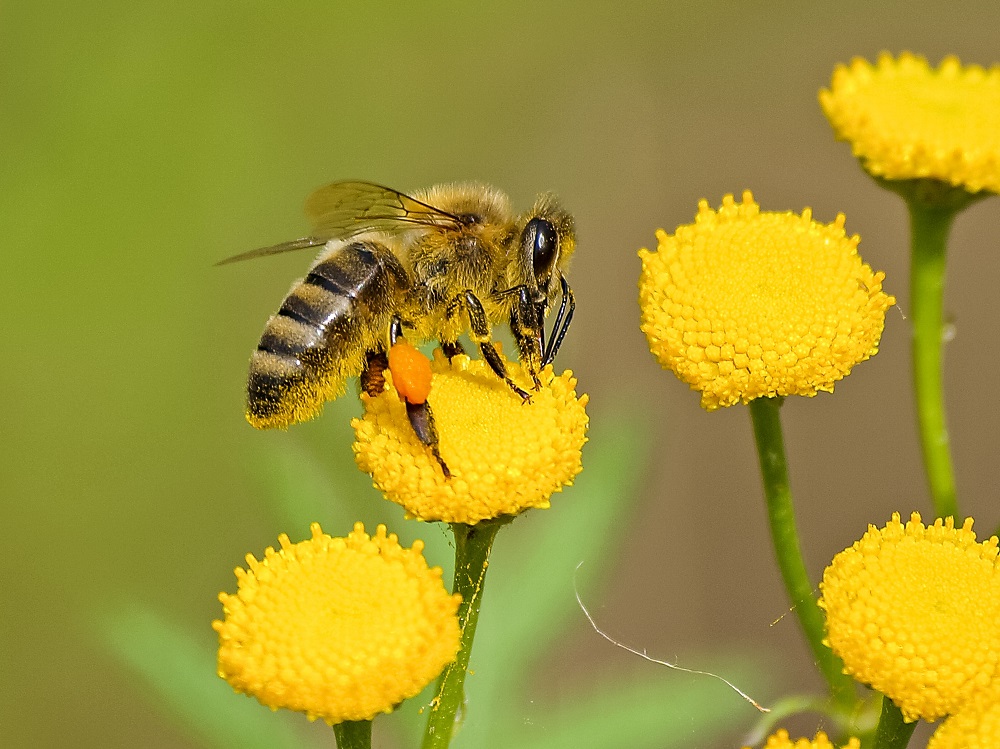
Today (May 20) is World Bee Day, where the globe is recognising the importance of bees to its biodiversity.
The theme for this year’s World Bee Day is ‘Bee Engaged: Celebrating the diversity of bees and beekeeping systems’.
Jamaica officially launched World Bee Day at a function this morning on the front lawns of the Ministry of Agriculture and Fisheries head office at Hope Gardens in St Andrew.
Persons were also education about beekeeping in Jamaica through the Natural History Museum of Jamaica’s World Bee Day Webinar held earlier this afternoon. Both events were live streamed via the Ministry of Agriculture and Fisheries YouTube Channel.
Across the country, local bee farmers can also contact any of the 13 bee farmers associations to learn of activities being held. Locally, beekeeping touches the lives of roughly 4,000 Jamaicans who are apiarists, traders, middlemen, input suppliers and operators of farm stores.
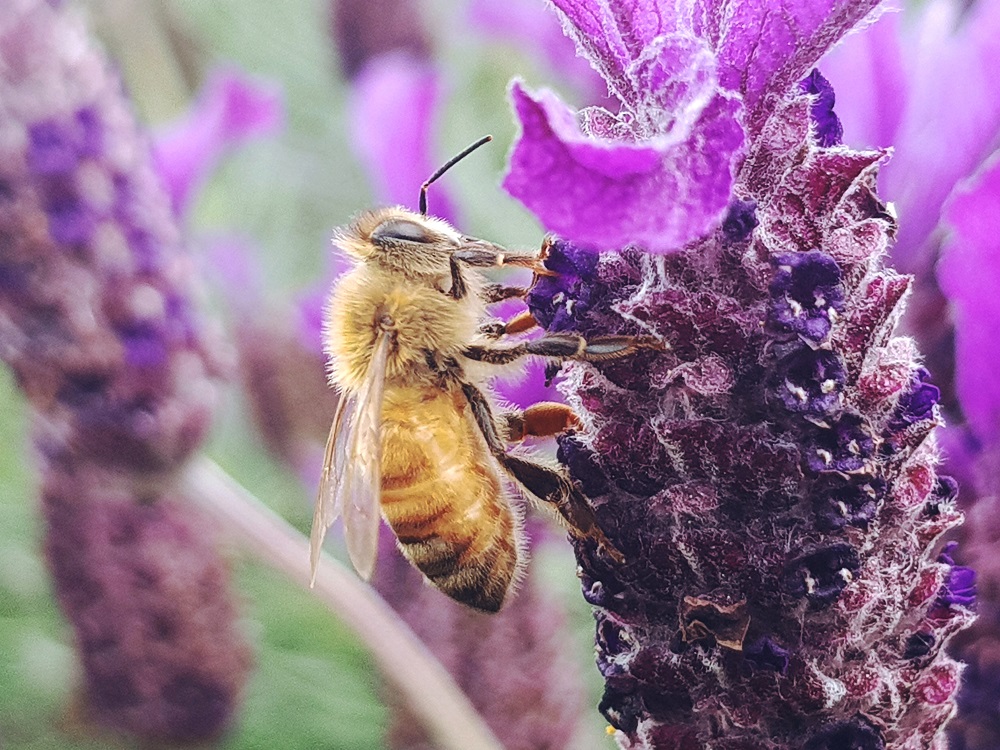
The Food and Agriculture Organization (FAO) of the United Nations designated May 20 as World Bee Day to raise awareness on the importance of the wide variety of bees, sustainable beekeeping systems, the threats and challenges they face, and their contribution to livelihoods and food systems.
The Ministry of Agriculture and Fisheries is calling on Jamaicans to safeguard the island’s food security by protecting honeybees.
Bees are our friends
Hugh Smith, chief plant protection officer in the Apiculture Unit of the ministry, declared that “honeybees are our friends”.
Smith added: “They provide up to 20 times the value of what the farmer gets [based on what] they put back into the environment. Think about the fruit and vegetables you eat and how much work they put in to get them on your table. Honeybees should always be protected, promoted, and kept in good condition.”
He made the point that “the more pollinators we have, the better it is for our environment”.

Bees are some of nature’s master pollinators, carrying pollen between plants to fertilise them, which is critical for food production.
However, they are being threatened by different factors, including invasive pests like the Cuban frog. The destruction of bee pastures is also of concern.
Smith pointed out that, currently, the biggest threat for bees in Jamaica and across the globe is climate change.
According to the Smith, “climate change has impacted the beekeeping industry this year”.
He said: “A lot of beekeepers’ production was down, mainly because of the changes in the weather patterns that trees have faced. This influences when the plants blossom, how long they keep these blossoms on, and that now determines how many days bees can access flowers.”

As such, the Government is encouraging persons to do what they can to assist in protecting honeybees, such as planting more fruit trees and flowering plants in backyards and communities.
In concluding, Smith remarked that “Jamaicans can also avoid using pesticides outside of the regime that they were approved for. Use them based on the manufacturers’ directions”.
He added: “Also, the next time you see a honeybee, treat it with some amount of respect.”


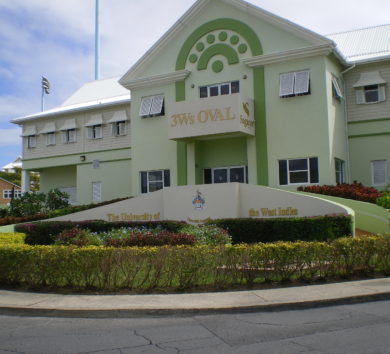


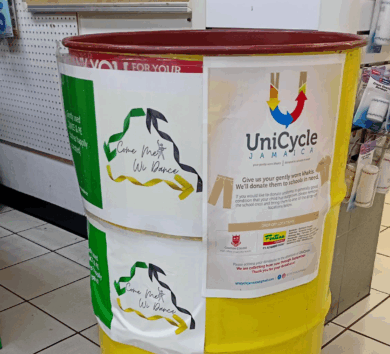
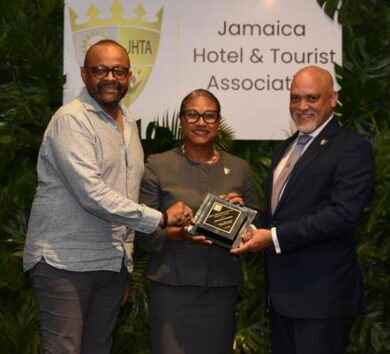
Comments